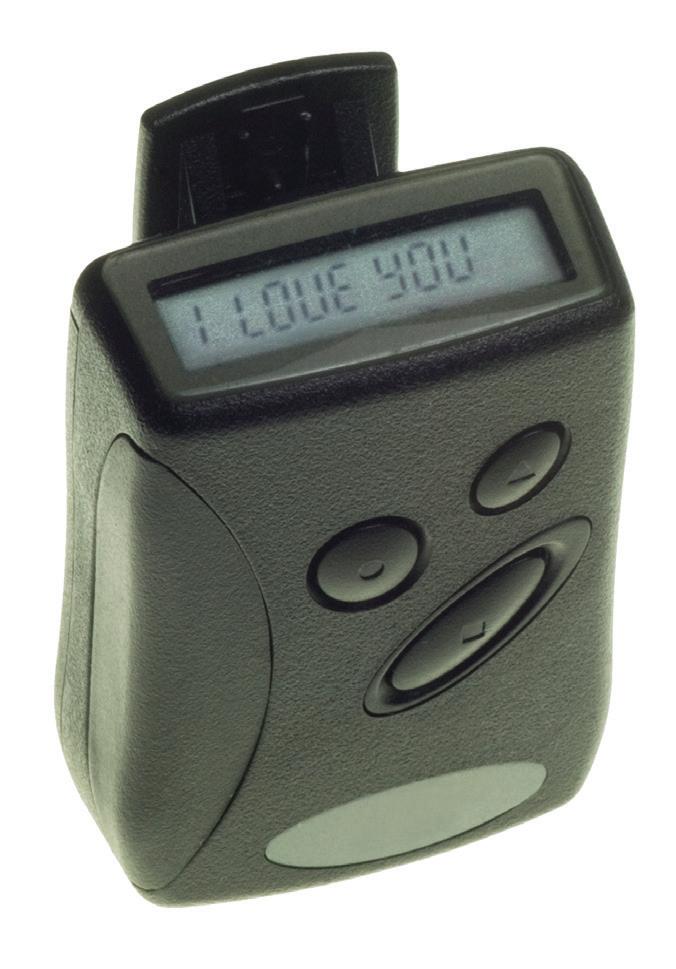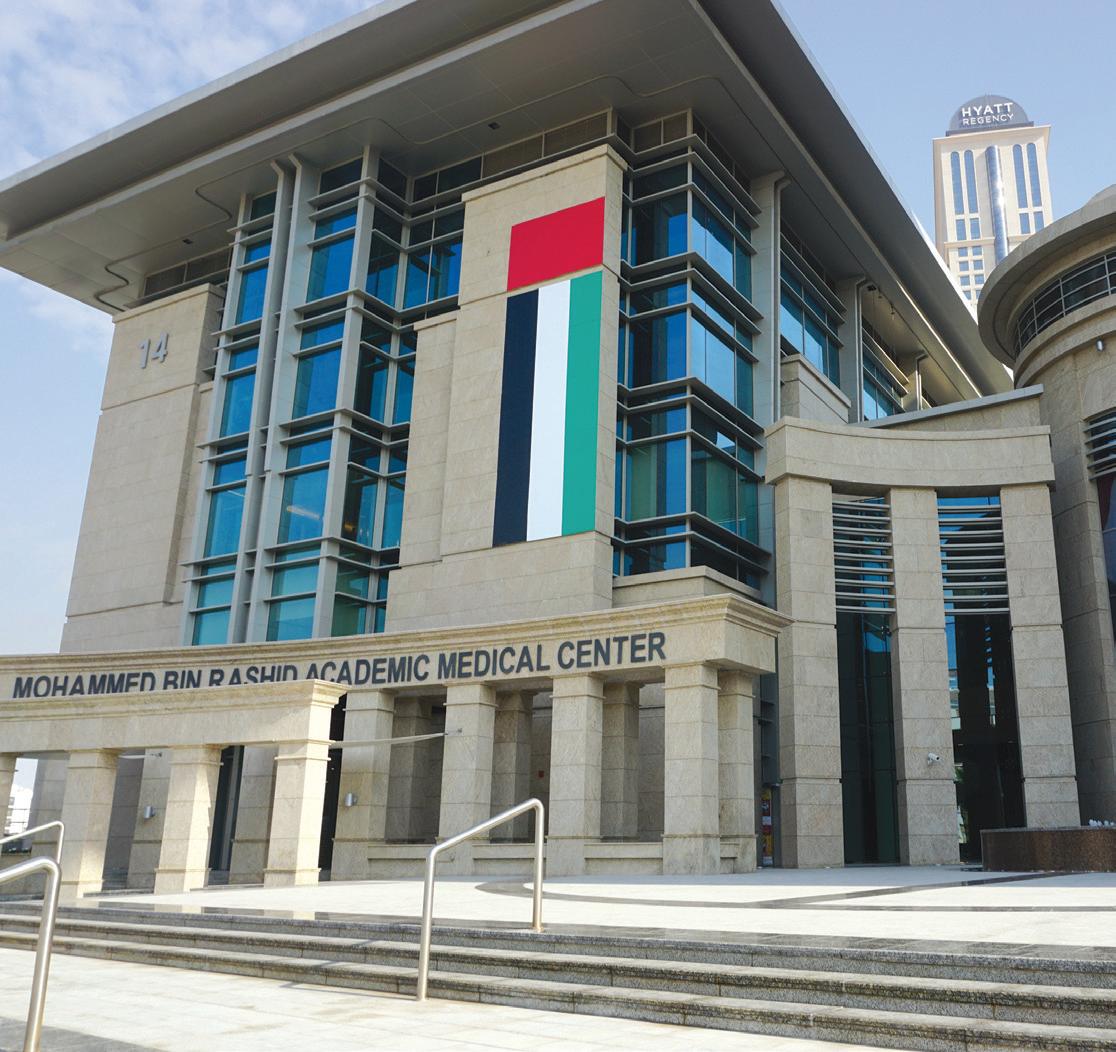ISTOCK
The life of a physiciancoroner combines mystery, science, and service by Robert West the lake city of Coeur d’Alene, where I have resided since 1969, lies 30 miles east of Spokane, Washington. The Idaho Panhandle, which is bisected by U.S. 95 and Interstate 90, is surrounded by nearly a million acres of the Idaho Panhandle National Forests. The area is blessed with a multitude of lakes, rivers, and streams. Its lumber mills and mines result in a steady stream of industrial accidents. Kootenai County has had many physician-coroners. In Idaho, the coroner is an elected partisan position with a four-year term. Since Idaho became a state in 1890, local physicians have acted as coroners in Kootenai County as a part of their civic responsibility. Most coroners in Idaho’s forty-four counties, however, are not physicians. In fact, there were only three physician-coroners in Idaho between 1984 and 2010. The Idaho code states only that “The coroner shall be 21 years of age and a resident of the county for one year.” Unfortunately, these legal requirements mirror those in many jurisdictions in the United States. I became a deputy coroner in Kootenai County in July 1970, nine years after graduating from HMS. This happened somewhat surprisingly. William T. Wood, a physician who was then the county coroner, asked me if I would cover coroner calls while he was at a meeting of the Idaho Medical Association. I asked him what my duties would be. He responded: “Raise your right hand.” With a few words, I became a deputy coroner, with the duty and legal responsibility to investigate all deaths by other than natural causes that occurred within the more than one thousand square miles of Kootenai County. With that responsibility came another, one Wood failed to inform me of: “The coroner shall act as sheriff in the event of the death, arrest, or other incapacitation of the sheriff.” I served as deputy coroner, then as the elected coroner, until my retirement in 2011. It was a job that required me to help bring justice to those who died and closure to families that had lost loved ones. It also required me to work collaboratively with law enforcement personnel and other members of my community. It was a challenging job that often brought surprises—and stories.
24-27. Coronor's Rept.indd 25
harvard medicine ~ spring 2015 25
5/11/15 10:25 AM












